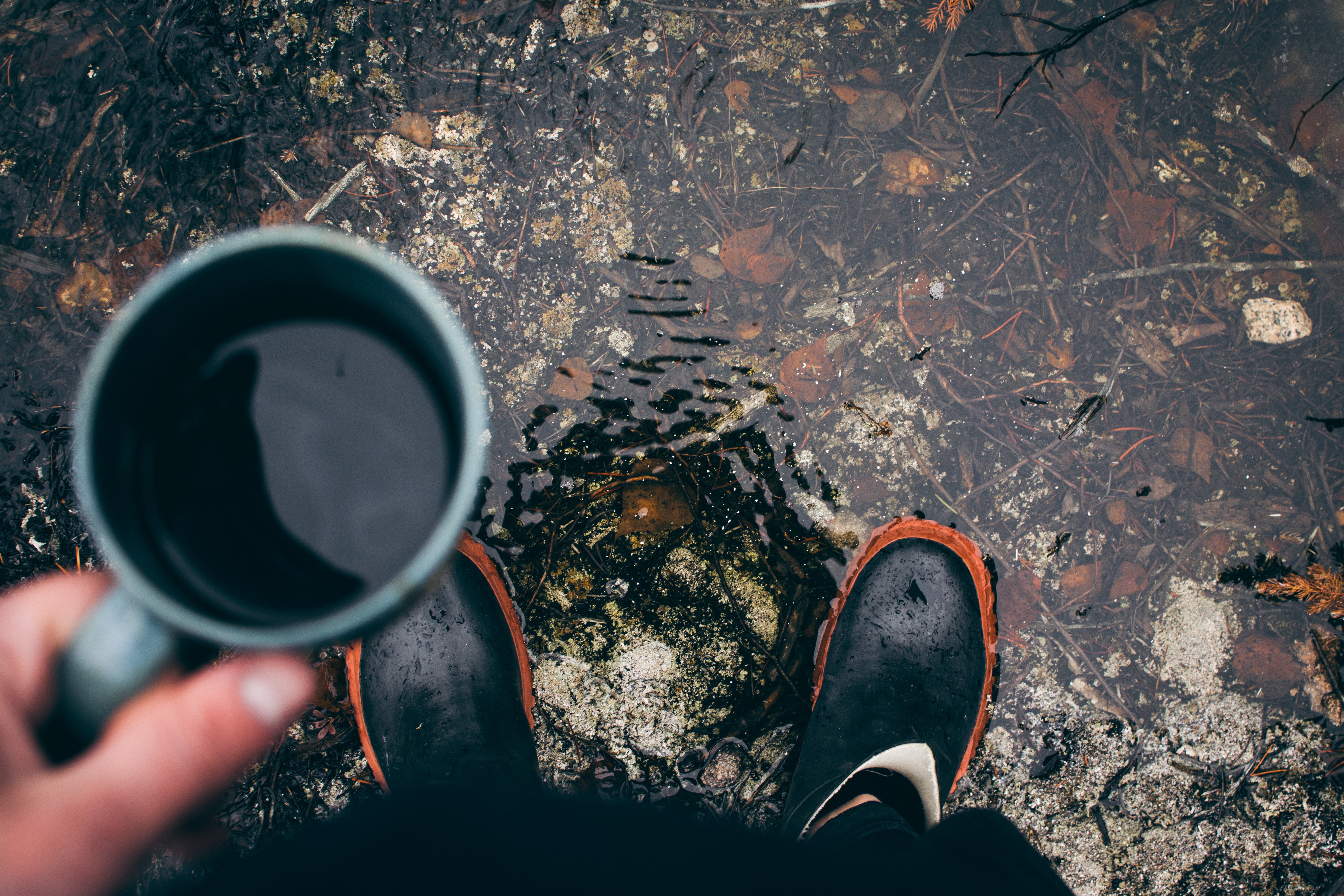Rainwater Harvesting Subsidies and Ordinances Result in Lower Costs and Reduced Demand for Potable Water
February 20, 2019

Why is rainwater harvesting so important to this Arizona city?
Population growth, industrialization and economic development have resulted in ever increasing water demand, and consequently pressures on water resources. Rapid climate change is causing more frequent droughts, and falling of water levels in many parts of the world. Many regions are facing water scarcity, which generally refers to the condition wherein there is a lack of sufficient freshwater resources to meet the water demand. The world freshwater supply is limited and can not be replaced. In order to meet both current and future demands for water, we must preserve and conserve this precious resource.
Rainwater harvesting is a water conservation solution that can easily be harnessed anywhere, particularly in areas with water shortage and seasonal rain falls, like Tuscan, Arizona.
In 2012, the City of Tuscan began a movement to educate people about rainwater harvesting and promote rainwater harvesting as an effective way to use this undervalued natural resource and conserve the regions limited water supply. The city has spent more than $2 million in rebates to encourage people to install rainwater harvesting systems. Now, Tucsonans are harvesting rainwater for landscaping instead of letting this precious water become wasted runoff. This has resulted in a significant decrease in city’s potable water demand. According to Tuscan Water, currently 720 homeowners are on the rebate program and the city is saving about 6.5 million gallons of drinking water per year using a rainwater harvesting solution.
To learn more about the results of a rainwater harvesting solution, Water Deeply spoke with Gary Woodward, a long-time Tucson resident who previously served as deputy director of the Water Resources Research Center at the University of Arizona. This article is not only a great case study and example of a rainwater harvesting solution but also discusses important things such as;
- The history of rainwater harvesting
- How rainwater harvesting systems influence behavior
- How rainwater harvesting affects demand for potable water
Read more here: In Tucson, Subsidies for Rainwater Harvesting Produce Big Payoff
If you liked this content, please subscribe to our blog here to receive emails from Net Zero Water about industry trends and information.
